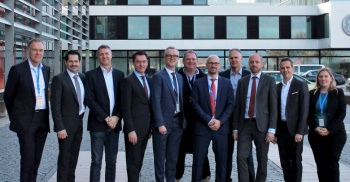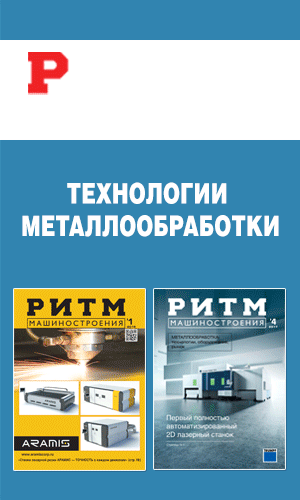
Oerlikon, GE Additive, engineering company Linde and the Technical University of Munich (TUM) have announced that they will be creating an open additive manufacturing cluster that will focus on the research and development of additive manufacturing technologies. The cluster, announced in the context of the Munich Technology Conference (MTC3), will be based out of a single hub in Bavaria.
The overall goal of the cluster will be to promote the adoption and integration of AM across various industries and to help companies use the technology for production applications. In order not to limit the scope of the cluster’s work, the founding partners have decided to make it open, meaning that additional partners can join in the future.
“By having all of the players located in a single hub, we are accelerating the development and application of the technology for the various industries,” said Prof. Dr. Michael Suess, Chairman of the Board of Directors of the Oerlikon Group. “Bavaria is the perfect place for us to house this initiative as it promotes energy and production efficiency, which supports Germany’s sustainability goals and the country’s desire to incorporate new technologies.”
Additive Manufacturing Institute
One of the first big steps taken by the AM cluster partners is the establishment of the Additive Manufacturing Institute. The research institute, initiated by Oerlikon and TUM, will focus on a few key areas related to AM, including research in raw material powders, optimized AM production and end-to-end process integration, including automation and AM digitalization.

As part of the Additive Manufacturing Institute, Oerlikon engineers and scientists will work closely with researchers and students from TUM, particularly in the faculties of mechanical engineering, chemical engineering, physics and informatics. Another big focus of the research institute will be the verification and qualification of products and the development of new AM business models.
“An integrated collaboration between powerful partners from industry and science is necessary for the industrialization of additive manufacturing processes,” said Prof. Dr. Thomas Hofmann, President of TUM. “This is the only way we will be able to overcome technological obstacles and find answers to unresolved issues in the field of standardization.”
The Additive Manufacturing Institute will also be based on an open model, enabling other academic institutions and industry partners to collaborate once initial frameworks have been established.
Industry, academia and politics come together
Dr. Roland Fischer, CEO of the Oerlikon Group, commented on the new cluster, saying: “The project is an excellent example of close collaboration between industry, academia and politics to innovate and industrialize a technology like additive manufacturing. AM is a technology that supports our aim of providing sustainable solutions for all industries.”
Selecting Bavaria as the centralized hub for the AM cluster was a strategic choice, as the region is already a hot spot for technology and AM innovation. Of course, it also helps that each of the cluster partners already has a presence in the German region.
“Bavaria already enjoys a stellar reputation as a global hotspot for additive technology—with a thriving ecosystem and a rich seam of talent,” said Jason Oliver, President and CEO of GE Additive. “We’re excited to be a part of this initiative from the very beginning and look forward to building on that solid foundation and driving tangible impact both for the region itself and further afield.”
The AM cluster is expected to bring new job opportunities to Bavaria and to create new technologies and additive solutions that can be used by locally based companies.


